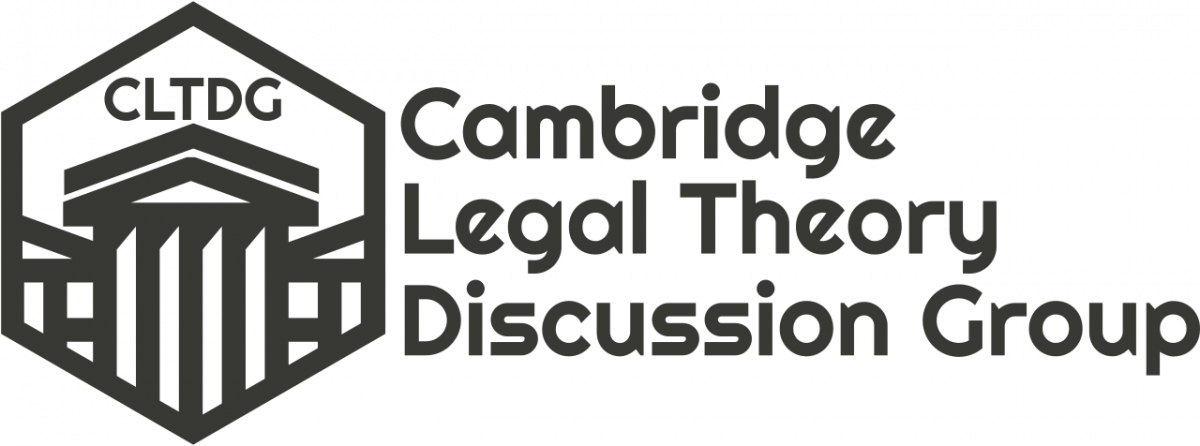 Ismael Martinez Torres (Edinburgh) “Disagreement and (almost) Sameness of Concepts”
Ismael Martinez Torres (Edinburgh) “Disagreement and (almost) Sameness of Concepts”
Ismael Martínez Torres (Edinburgh) will be presenting his paper "Disagreement and (Almost) Sameness of Concepts" for discussion, with a response to be given by Dan Ward (Cambridge).
Everyone is welcome to attend!
The Zoom link: https://bit.ly/cltdg22easter4
The Paper: https://bit.ly/imtorrespaper
Paper Abstract
It is commonly accepted that the most acute challenge currently facing legal positivism is Ronald Dworkin’s disagreement-based argument. Dworkin argues that legal positivism is a defective theory of law because it is unable to account for an important feature of legal practice, namely, a type of legal disagreements he calls theoretical disagreements.
Dworkin’s argument presupposes an idea widely accepted in philosophical discussion: disagreement requires sameness of concepts. Put differently, Dworkin’s argument presupposes that two subjects cannot disagree unless they share the same concepts. My aim in this paper is to prove Dworkin’s argument defective by arguing against such a presupposition. My argument draws on a thesis recently suggested in cognitive science known as extensive variability of conceptual representation. This thesis holds that the same concept is never (or extremely rarely) instantiated twice across subjects and situations. Furthermore, I present an account of disagreement, motivated by that thesis, that is compatible with two subjects having a disagreement but not sharing the same concepts.
Rejecting the presupposition of sameness of concepts proves Dworkin’s disagreement-based argument against legal positivism ineffective because, if the presupposition is false, then it doesn’t follow from the view (attributed by Dworkin to the positivist) that in cases of theoretical disagreement individuals don’t share the same concepts (particularly the concept LAW), that those individuals cannot disagree. If this is correct, then, contrarily to what Dworkin thinks, it is not necessarily true that the positivist cannot explain theoretical disagreements.
You can follow us on Twitter: https://bit.ly/cambridgeltdg or check out our web-page: https://bit.ly/cltdgweb
Subscribe to our mailing-list for getting regular updates and session materials: https://bit.ly/cltdgmaillist

 Facebook
Facebook  X/Twitter
X/Twitter  Instagram
Instagram  YouTube
YouTube  Flickr
Flickr  LinkedIn
LinkedIn